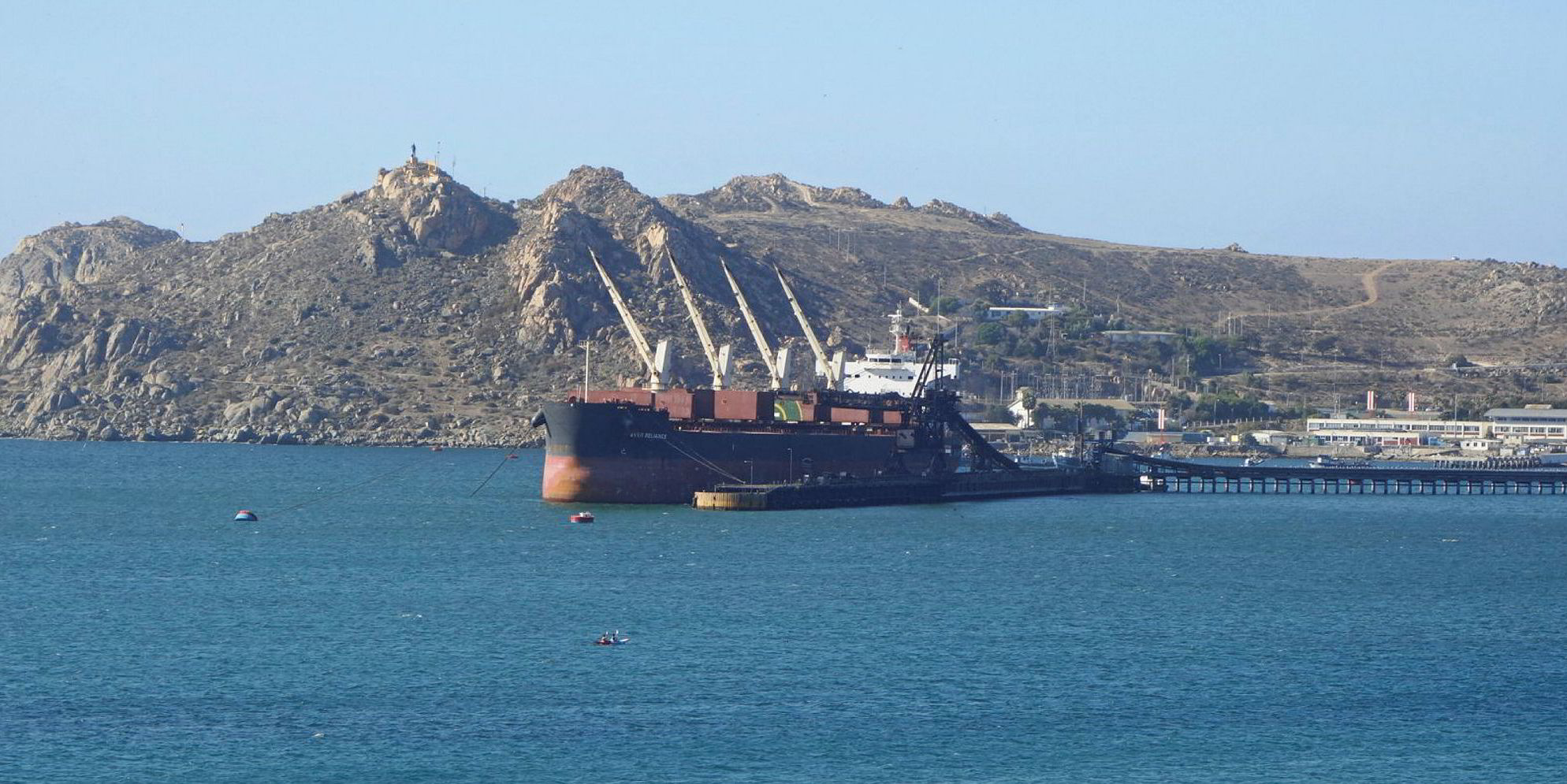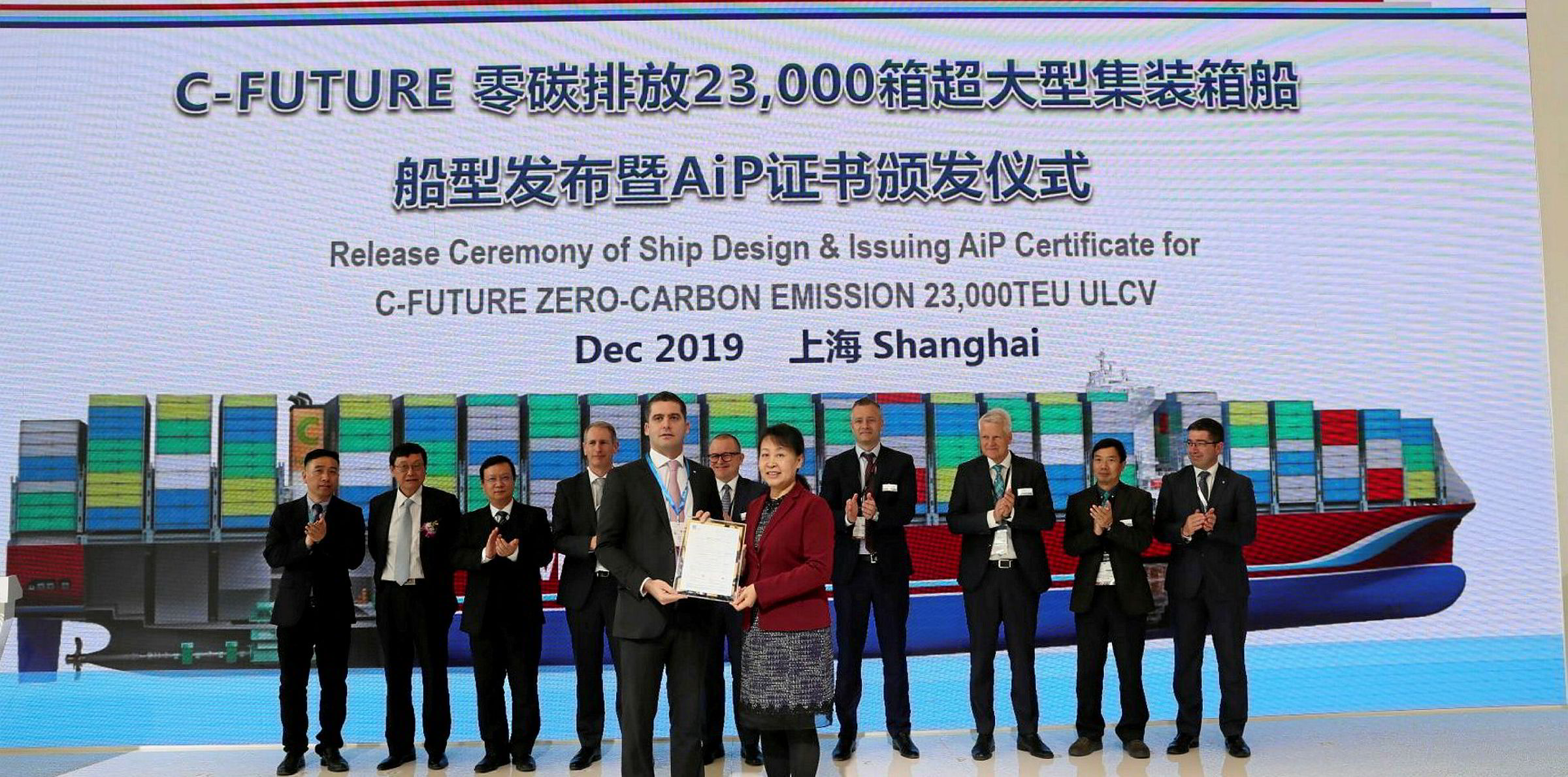Chile’s shipping industry could unlock infrastructure investment of up to $90bn if its vessels switched to zero-carbon fuels.
A move into ammonia and hydrogen made with renewable energy could see the South American country take advantage of its unique geographical position and size, a new report claims.
The non-profit Environmental Defense Fund (EDF) released the study at the COP 25 UN climate talks in Chile this week.
Called Electrofuels for Shipping, it identifies ammonia and hydrogen, as well as methanol, as capable of being quickly produced to scale using commercially available technologies.
Other countries could also benefit, EDF said.
Carbon price called for
Introducing a carbon price on the shipping of fuel could generate money for innovation which could be spent on projects such as the so-called "electrofuels" in Chile, which could bring up to $90bn of investment into the country, it added.
Hydrogen and ammonia are the most climate-friendly shipping fuels because of their carbon-free lifecycle: they are produced using only water, renewable energy and air, and do not emit any carbon dioxide when used, EDF explained.
Chile has one of the largest renewable energy capacities in the world with over 1,200 gigawatts of solar potential alone, the report said.
"Chile’s unique geographic setting and size offer many favourable locations to set renewable infrastructure and fuel plants close to the main ports and therefore shipping routes," EDF added.
Aoife O’Leary, EDF's director of international climate, said Chile and other countries could see the benefit of clean fuels in the form of job opportunities and investments.
"And they would be positioning themselves at the forefront of an inevitable technological transition in the near future,” she said.
"However, robust and sensible policy that create economic incentives and that ensure the development of new energy resources is sustainable will be needed to support them and to make this vision a reality."







